Introduction
Plastic pollution is a major environmental issue that is causing harm to our planet. Every year, millions of tons of plastic waste end up in our oceans, landfills, and ecosystems, causing significant damage to marine life and wildlife. One of the most effective solutions to this problem is the use of hemp as a sustainable alternative to plastic.
What is Hemp?
Hemp is a versatile plant that has been used for thousands of years for various purposes, including making textiles, paper, and even food. It is a fast-growing crop that requires little water and no pesticides to thrive, making it a highly sustainable and eco-friendly option for a wide range of products.
Hemp vs. Plastic
Plastic is made from petroleum, a non-renewable resource that is harmful to the environment. It takes hundreds of years for plastic to decompose, leading to the accumulation of plastic waste in our oceans and landfills. Hemp, on the other hand, is biodegradable and can break down naturally in just a few months, making it a much more environmentally friendly option.
Uses of Hemp as an Alternative to Plastic
There are several ways in which hemp can be used as a sustainable alternative to plastic. Hemp fibers can be used to make biodegradable plastics that are just as durable as traditional plastic but without the harmful environmental impact. Hemp can also be used to make packaging materials, such as hemp paper and hemp-based composites, reducing the need for single-use plastics.
Benefits of Using Hemp
Using hemp as an alternative to plastic offers a wide range of benefits for the environment and our health. Hemp is a renewable resource that can be grown quickly and easily, reducing the demand for petroleum-based plastics. Hemp is also biodegradable, meaning that it will not contribute to the accumulation of plastic waste in our ecosystems. Additionally, hemp is non-toxic and can be used safely in a variety of products without harming the environment.
Conclusion
In conclusion, hemp is a sustainable and eco-friendly solution to the problem of plastic pollution. By using hemp as an alternative to plastic, we can reduce the amount of plastic waste that ends up in our oceans and landfills, protecting our planet for future generations. It is time to embrace hemp as a viable option for a wide range of products and help create a cleaner, healthier environment for all.
FAQs
1. Is hemp more expensive than plastic?
While the initial cost of hemp products may be slightly higher than traditional plastic, the long-term benefits to the environment far outweigh the cost difference. As more companies and consumers switch to hemp-based products, the cost of production is likely to decrease, making hemp a more affordable option in the future.
2. Can hemp be used for all types of plastic products?
Hemp can be used as an alternative to traditional plastic in a wide range of products, including packaging materials, textiles, and even biodegradable plastics. However, there are some limitations to using hemp in certain applications, such as products that require high heat resistance or extreme durability.
3. Is hemp production sustainable in the long term?
Yes, hemp production is highly sustainable in the long term. Hemp is a fast-growing crop that requires minimal water and no pesticides to thrive, making it a highly eco-friendly option for a wide range of products. Additionally, hemp can be grown in a variety of climates and soils, further enhancing its sustainability as a renewable resource.

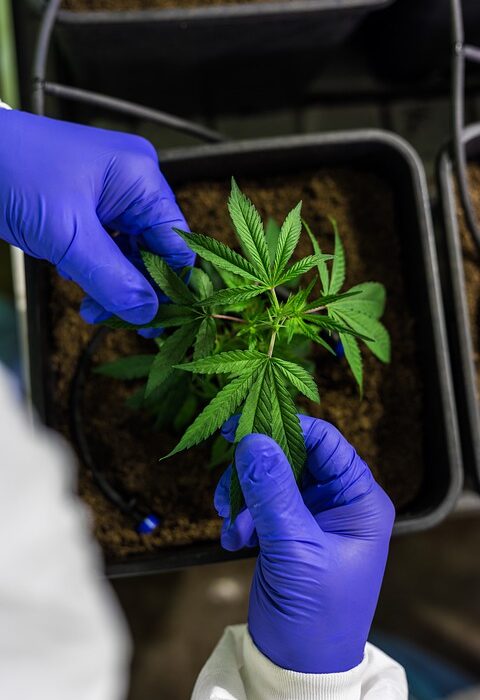
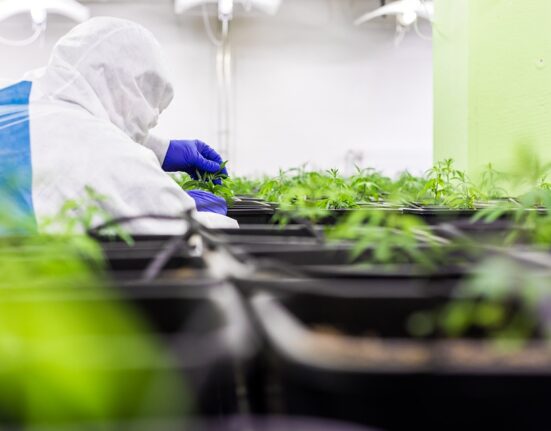
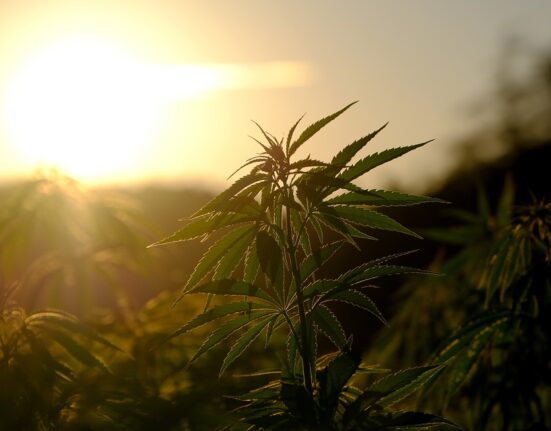
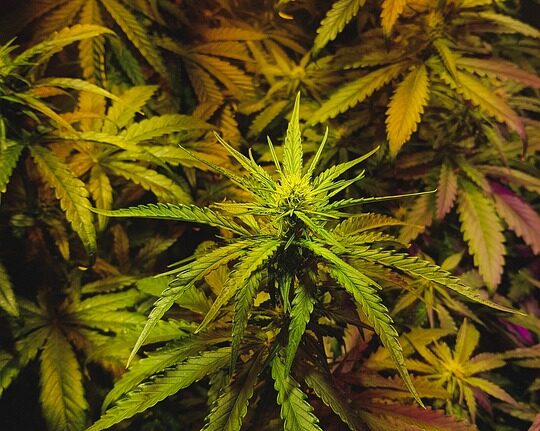
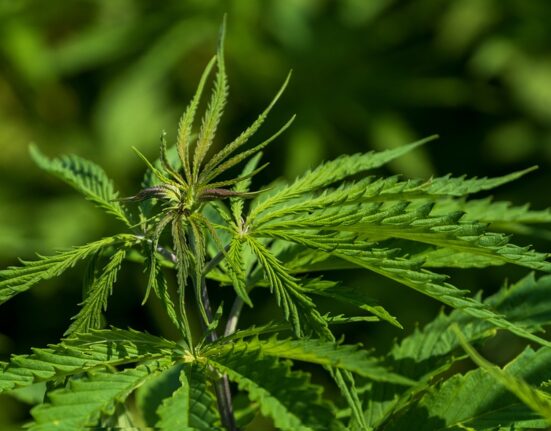
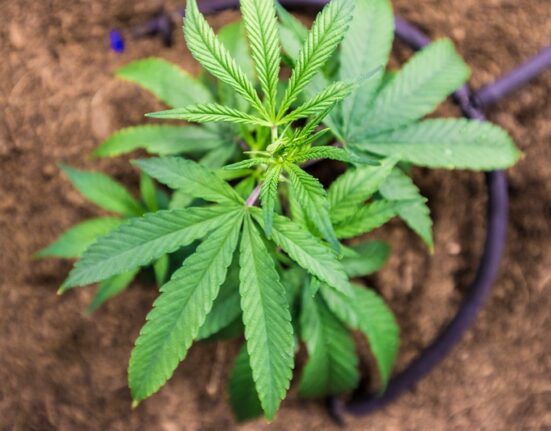
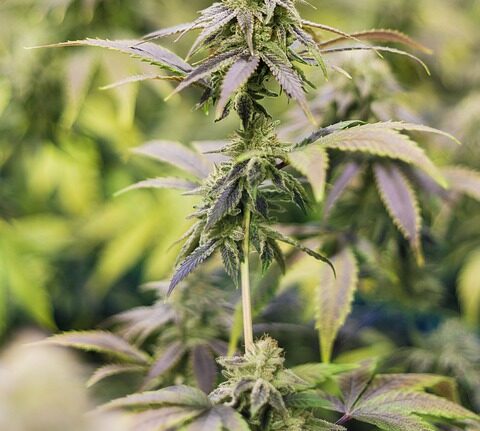
Leave feedback about this